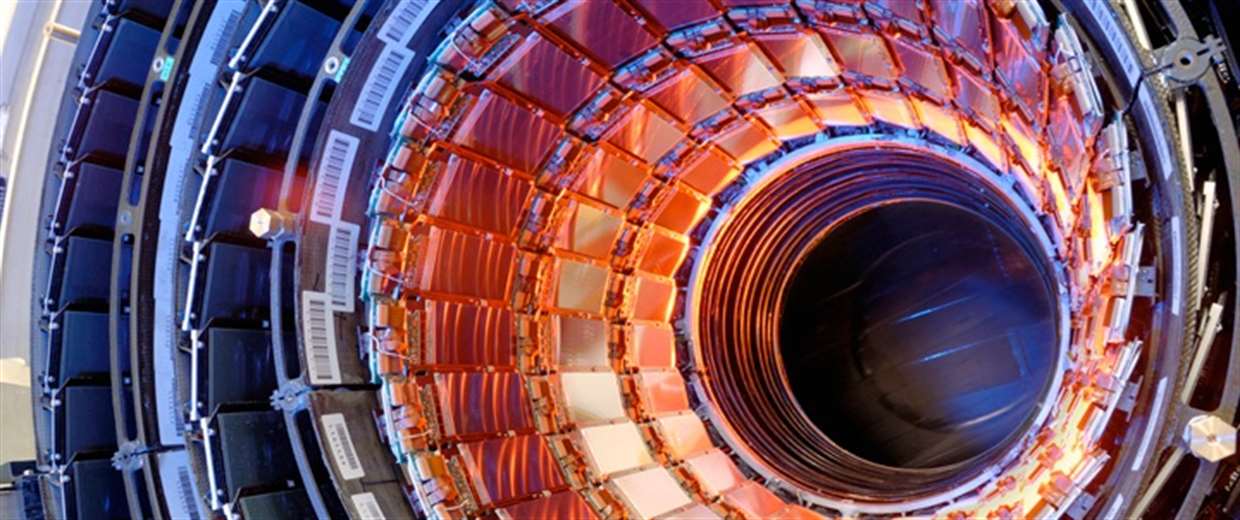The pandemic has shown how important it is for engineers to help bring science and technology to the heart of national policymaking. To that end, every year the Academy organises events at the three major UK party conferences with our friends at the other national academies – the Royal Society, British Academy and Academy of Medical Sciences. 2020 was no different, except of course that we had to hold the events entirely virtually.
I was privileged to represent the Academy in fascinating virtual panel discussions at the Labour, Liberal Democrat and Conservative conferences, alongside some of the UK’s most prominent experts in relevant fields as well as ministers and shadow ministers.
Engineering in a crisis
My expertise is in ventilation, and I first wanted to make sure that both the audience and the politicians on the panel understood the importance of proper ventilation of rooms and vehicles in managing the pandemic. A well-ventilated room is critical to reducing transmission, and the onset of winter makes it less likely that we will flood our rooms with as much fresh air as we did in summer. The government’s advice rightly emphasises hands, face and space.

However, to these I would add two further recommendations: limit social interactions (including duration), and open a window! Proper ventilation can make a massive difference but can be overlooked; I have seen places that think they are Covid-secure but have had zero ventilation, which increases the risk of transmission.
Another point I was keen to make at all the events was about one of the key challenges of the pandemic, which is data. So far, data about the spread of the pandemic has not been available in the quantity and quality we need. Data science has the potential to make a huge contribution to defeating the pandemic, so it is urgent that data scientists have access to what they need in order to give the right advice and allow us to take the correct action.
I was also keen to stress what we have learned from the pandemic with regards to tackling future disasters. The government has spent hundreds of billions of pounds, radically changed our economy, and transformed the way we interact with each other in order to defeat the virus. It shows we can, and must, do the same to mitigate the existential threat of climate change.
My expertise is in ventilation, and I first wanted to make sure that both the audience and the politicians on the panel understood the importance of proper ventilation of rooms and vehicles in managing the pandemic. A well-ventilated room is critical to reducing transmission, and the onset of winter makes it less likely that we will flood our rooms with as much fresh air as we did in summer. The government’s advice rightly emphasises hands, face and space.
However, to these I would add two further recommendations: limit social interactions (including duration), and open a window! Proper ventilation can make a massive difference but can be overlooked; I have seen places that think they are Covid-secure but have had zero ventilation, which increases the risk of transmission.
Another point I was keen to make at all the events was about one of the key challenges of the pandemic, which is data. So far, data about the spread of the pandemic has not been available in the quantity and quality we need. Data science has the potential to make a huge contribution to defeating the pandemic, so it is urgent that data scientists have access to what they need in order to give the right advice and allow us to take the correct action.
I was also keen to stress what we have learned from the pandemic with regards to tackling future disasters. The government has spent hundreds of billions of pounds, radically changed our economy, and transformed the way we interact with each other in order to defeat the virus. It shows we can, and must, do the same to mitigate the existential threat of climate change.
Working collaboratively
The events also illustrated how collaboration across all the Academies and disciplines has helped provide access to research and expert advice necessary to tackle the pandemic. At the party conferences we heard from epidemiologists like Professor Dame Anne Johnson DBE MD FMedSci of the Academy of Medical Sciences, but also from aging expert Professor Dame Linda Partridge DBE FRS of the Royal Society, and behavioural science expert Professor Melinda Mills MBE FBA of the British Academy.
By bringing together this inter-disciplinary panel and including politicians such as the Science Minister Amanda Solloway, Shadow Science Minister Chi Onwurah and Lib Dem Health Spokesperson Munira Wilson, we were able to ensure that this breadth of high-level expertise was understood and engaged with by policymakers.
It was a great opportunity to be able to take part in these events. Hopefully, next autumn we will be able to meet in person, and look back on the pandemic not as an immediate crisis but as a historical event- one that engineering expertise had a critical role in bringing to an end.
